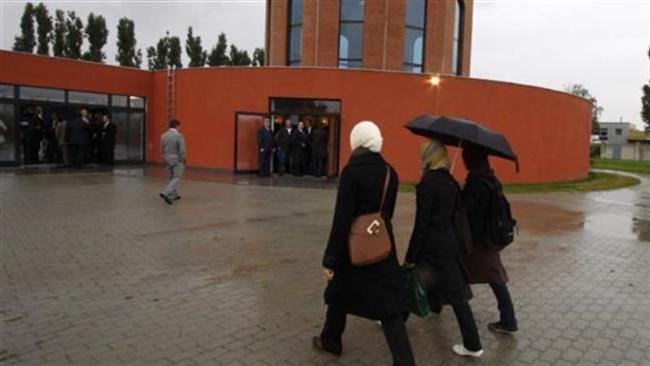
RNA - In its ruling, the Strasbourg-based court on Tuesday upheld the ban in the case brought by two Muslim women, Samia Belcacemi, a Belgian national, and Yamina Oussar, a Moroccan.
Both women said the law was discriminatory and their rights had been infringed.
The court argued that the restriction sought to guarantee the conditions of “living together” and the “protection of the rights and freedoms of others” and that it was “necessary in a democratic society.”
The same court had already ruled on a challenge to the French law in 2014, when it also rejected arguments that the restriction breached religious freedom and individual human rights.
In June 2011, a law took effect in Belgium banning any clothing that obscured the identity of the wearer in public. Several Bulgarian towns also banned the niqab at the local level.
Far-right groups have been campaigning, sometimes violently, against Muslims and refugees with repeated calls on the government to follow France, where a total ban on wearing burqas in public places has been in force since 2011.
Among European countries, Germany has received more than a million refugees, mostly from predominantly Muslim countries, over the past months.
Last year, German Interior Minister Thomas de Maiziere proposed partially banning the full-face Islamic veil.
In December 2016, German Chancellor Angela Merkel told delegates at the Christian Democratic Union (CDU) congress held in Essen that “the full-face veil must be banned wherever it is legally possible.”
Several European countries have already placed restrictions on the Islamic clothing since 2000. France became the first European Union country to ban it in public places.
In the Netherlands, a proposed law banning burqas is awaiting approval by the senate. It had already got the approval of the lower house of the Dutch parliament in November 2016.
847/940